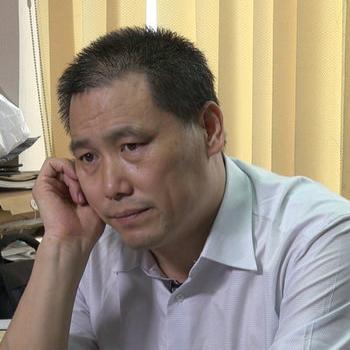In an article from the Chinese edition of the Financial Times, Freedom House’s Sarah Cook examines the prosecution of rights lawyer Pu Zhiqiang and its implications for his family, clients, colleagues, the broader public, and the Party itself. Prosecuting even peaceful and moderate opposition, she argues, risks driving some to more extreme measures:
By harshly punishing an activist who has tried to work within the existing political and legal system, the leadership is signaling that such efforts are futile, and that incremental change is not possible. This risks increasing the number of people who see direct confrontation and the end of one-party rule as the only solution.
Despite tight censorship, an undercurrent of resentment at Xi’s increased repression is already apparent. An initial outpouring of support for Pu (including subtle online references by entertainment celebrities) hinted at the widespread public displeasure over the attorney’s mistreatment.
The potential costs to the party’s reputation, even among its core supporters, was evident from a Weibo comment made by Zhou Zhixing, the editor of two journals read by official elites, shortly after Pu’s detention: “Joining the party used to be sacred, but it has been made profane … going to prison used to be miserable, but has been made glorious.” By arresting and prosecuting Pu, the Communist Party is reinforcing the legitimacy problem it hoped to quash.
So long as Pu has not yet been sentenced, there remains a window of opportunity for China’s leaders to mitigate the damage described above. [Source]
Some have expressed similar fears that Beijing’s hard line in Xinjiang might alienate moderate Uyghurs. But scholar Wang Lixiong suggested last year that this could be a deliberate strategy, so “then you can say to the West that there are no moderates and we’re fighting terrorists.”








